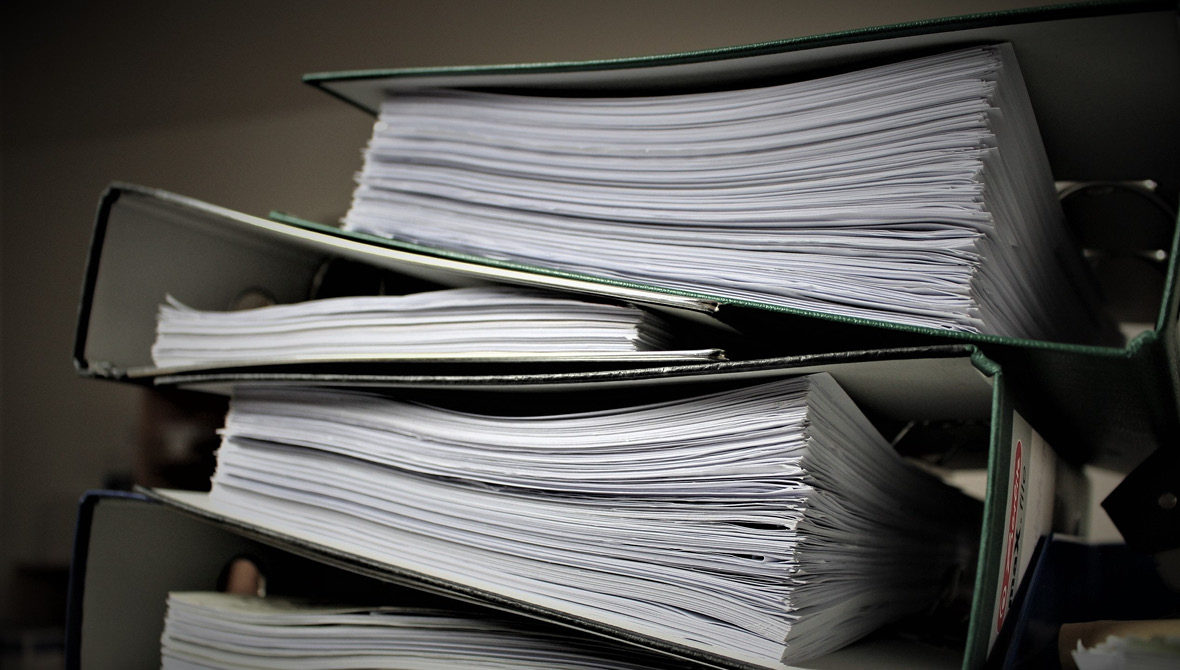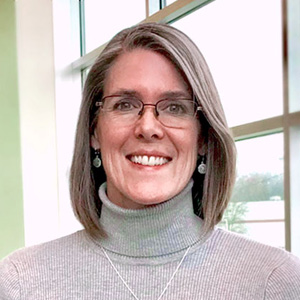Thirty Years Is Too Long: A Reflection on Advancing Foundation Archives 2019


“Thirty years is too long,” was a refrain I heard over and over again at the Advancing Foundation Archives meeting on June 12, 2019.
The meeting convened information professionals from across the country at the Ford Foundation Center for Social Justice and was sponsored by the Ford Foundation, the Andrew W. Mellon Foundation, the Hogg Foundation for Mental Health, and the Rockefeller Archive Center.
The last time foundation archivists gathered to discuss their work was thirty years ago in January 1990 at a Council on Foundations/Rockefeller Archive Center symposium. Following the 1990 meeting, Kenneth Rose and Darwin Stapleton published Establishing Foundation Archives: A Reader and Guide to First Steps. It is the only book that I have been able to find that directly addresses archiving the records of foundations. And it is woefully out of date.
In the intervening years, the need to select, appraise, describe, and preserve foundation records has not changed. In fact, it has grown more complex as technologies have evolved. Board minutes, financial reports, grants, programmatic evaluations, and data collected across a broad range of social sectors are all collected and preserved by foundation archivists in a multitude of digital formats and electronic systems.
Ford Foundation President Darren Walker opened the 2019 meeting by addressing foundation archivists, librarians, knowledge managers, and data specialists. Walker reflected on the fact that the philanthropic sector is largely unregulated save for state and federal tax and finance laws.
John Craig echoed this sentiment in a 2012 report for the Commonwealth Fund, writing that foundation archives “help foster accountability among this very privileged group of institutions, subject as they are to no elections, limited scrutiny by the press, minimal regulations, and no business test other than the management of their endowments and spending levels” (p. 6).
There are no requirements for foundations to archive records and make them available to the public as government entities must do.
“There are no requirements for foundations to archive records and make them available to the public as government entities must do.”
Foundations have the power to shape our society simply by the grants they make and the problems they choose to solve. Foundations “owe it to the public to provide clear and accessible records of how they have conducted their business and what they have accomplished” (2012, p. 6). Understanding why a board chose to focus on a certain sector and how they went about making grants to bring change can yield critical information that can guide not only social science researchers but also future investments.
On a practical level, the archiving function is not central to the day-to-day work of a foundation. Staff members who are busy evaluating grants and programs may be reluctant to take time out of a busy schedule to ensure they are practicing good records management hygiene. With senior leadership moving fast, records management and archives management policies may be slow to develop and only intermittently supported. But neglecting foundation records and their preservation will leave a tremendous gap in the historical record that provides context to the impact philanthropy has on our society. A foundation’s archival records have a story to tell that goes deeper than a press release announcing the latest round of grants made.
“[N]eglecting foundation records and their preservation will leave a tremendous gap in the historical record that provides context to the impact philanthropy has on our society. A foundation’s archival records have a story to tell that goes deeper than a press release announcing the latest round of grants made.”
Technology, and the benefits and challenges it engenders, was another topic of discussion at the 2019 meeting. Most foundations have shifted away from paper-based grant applications to online grants management tools. While grants managers are concerned about how well the system helps them evaluate and administer grants, archivists at the meeting were concerned about what happens to the grant and associated records after the grant closes and final reports are made. Archivists are trained to take a long view and ask how best to preserve inactive grant records with the understanding that the records may live longer in the foundation’s archives than in the application in which they were born.
Email is another technology tool that has changed the way archivists work. Gone are the correspondence files handed down from foundation president to foundation president. Email accounts are more ephemeral and archivists of every stripe, from the National Archives and Records Administration to universities to corporations are struggling to find ways to manage the volume and parse the value and content. This is certainly a topic for future meetings as some foundation archivists found the volume too overwhelming to manage, while others pointed out that there is significant context about the grantmaking process that may only be captured in email.
Bob Clark from the Rockefeller Archive Center (RAC), Angela White from the Ruth Lilly Special Collections at Indiana University, and Phoebe Kowalewski, archivist for the Atlantic Philanthropies collection at Cornell University, each spoke from their unique perspective on collecting foundation archives. Clark referenced the high volume of research requests the RAC fields each year, a testament to researcher interest in foundation records. White spoke to the support the university library system provides for data management and access as well as made a plea for including emails in archives for the context they provide to researchers. Kowalewski shared that the existing Atlantic Philanthropies website has been maintained in the near term as a way to provide public access to the foundation’s published research despite the fact that the foundation is no longer actively making grants.
Kowalewski spoke about using the Philanthropy Classification System (PCS) developed by Candid to apply metadata to the Atlantic Philanthropies collection. The PCS is a taxonomy used to describe the work of grantmakers, grant recipients, and others in the nonprofit sector. This standardized language makes it easier to conduct research within and across collections by subject, geography, method of support, and much more.
Candid also offers IssueLab, a searchable, shareable collection of social sector knowledge that gives foundations a way to share what they’ve learned more broadly. Lisa Brooks, from Candid, encouraged the assembled archivists to consider submitting a wide range of materials to IssueLab, from annual reports and case studies to videos and datasets. Not only is this material available on IssueLab’s portal, but IssueLab then pushes the content out to aggregators like the World Catalog and the Digital Public Library of America so social scientists, other grantmakers, and researchers of all stripes can find the information and use it to inform their work. This means that the foundations can share what they have learned with a wider audience, with the potential to have an exponentially greater impact.
Sharing findings is one way to create new connections. Archivists and partners also talked about their experience making new connections with existing stakeholders. Justine Greenland Duke of the Mastercard Foundation worked with Eric Abrahamson, a business and economic historian, on an oral history project to capture the early history of the foundation that wasn’t evident in founding documents. Many archivists reported value in capturing institutional knowledge from long-time employees, whether they worked in the corner office or at the reception desk, to help round out the foundation’s story.
“One tangible result from the meeting was the formation of an informal working group of archivists and data specialists to study ways to preserve grant records now captured in grants management systems such as Fluxx.”
So many stories were told, processes shared, and relationships built during this one-day meeting that I’m still digesting it all. One tangible result from the meeting was the formation of an informal working group of archivists and data specialists to study ways to preserve grant records now captured in grants management systems such as Fluxx. I also made many other connections and put faces to people I had exchanged emails with or spoken with on the phone. I was among professionals who understood and had solutions for many of the same problems I encounter as a foundation archivist.
Thirty years is too long to wait for this group of professionals to meet again. The lightning speed at which the digital world impacts the way foundations work makes sharing tools and techniques for archiving digital records of paramount concern. So, thank you to the organizing committee who brought us together this year. When can we do it again?

Craig, J. E. (2012). The Archives of U.S. Foundations: An endangered species. The Commonwealth Fund. Retrieved from https://www.commonwealthfund.org/publications/other-publication/2012/dec/archives-us-foundations-endangered-species?redirect_source=/publications/publication/2012/dec/archives-us-foundations-endangered-species
Rose, K. W. & Stapleton, D. H. (1991). Establishing Foundation Archives: A reader and guide to first steps. Washington: Council on Foundations.